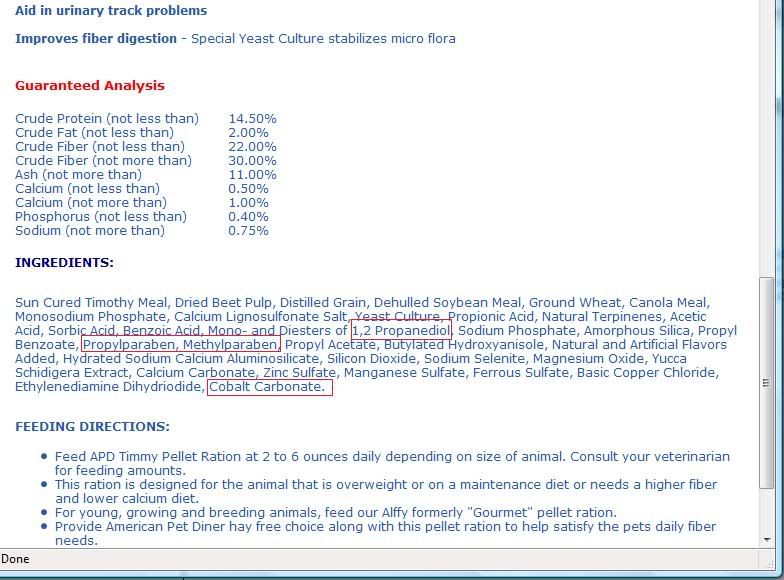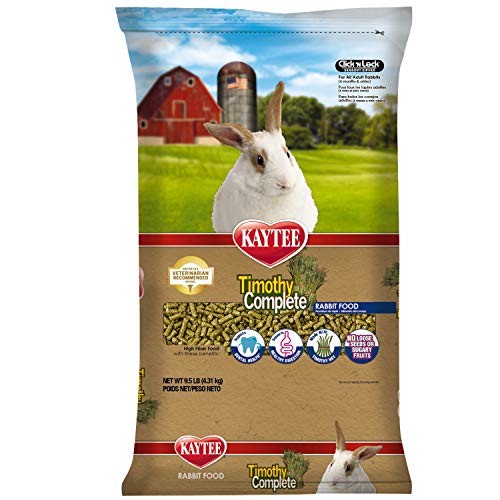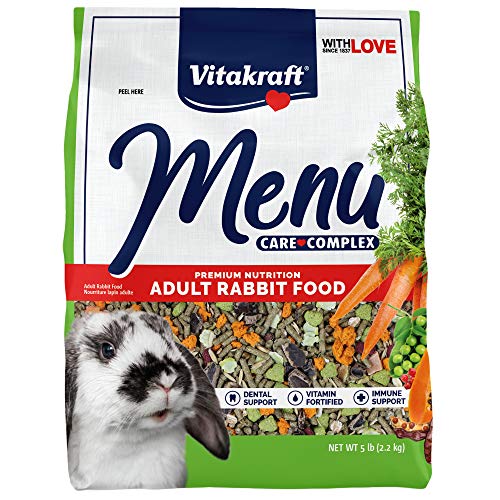FlickeringHope
Active Member
I wasn't totally sure where to put this...but as this applies to rabbit nutrition in general, I figured this would be the best place.
But this isn't a question.
A while ago, I heard, in this post as a matter of fact, that some of you feed "American Pet Diner" to your rabbits, otherwise known by the "nickname" of APD. Well I google'd their site, and researched the ingredients. I was shocked with what I found:

Why are Parabens bad?
Visit this site for information: http://www.edennaturalproductsresource.com/?p=21
as well as this one: http://www.terressentials.com/endocrine.html
Why is Propanediol bad? See here:
http://en.wikipedia.org/wiki/1,2-Propanediol
and if Wikipedia isn't your thing, try here: http://www.thefreedictionary.com/propanediol
Used as antifreeze??? And to think, rabbits are EATING that.
But if that site STILL isn't good enough.... http://chemicalland21.com/industrialchem/solalc/2-METHYL-1,3%20PROPANEDIOL.htm
So let's get this straight...so far, rabbits who are eating "American Pet Diner - Timmy" are consuming chemicals(parabens) that are known to cause breast cancer and testicular cancer in humans, as well chemicals that are in cosmetic products, and consuming another chemical used in cosmetic products(propanediol).
But what about cobalt carbonate?
http://en.wikipedia.org/wiki/Cobalt_carbonate
Ooo, yum! Pottery glaze!
For further proof: http://store.ceramicstoreinc.com/cocacooxcoca.html
Always been potentially harmful....
I don't think I have to update any further on why American Pet Diner's products are probably killing rabbits, instead of "nourishing" them.
I already wrote them a letter, and wrote how I was disgusted they used parabens. Looks like I'll be writing another.
Thanks for reading.
EDIT: Oh, yeah, forgot to mention..it's not just rabbits, it's guinea pigs and chinchillas, too, that are eating that stuff, if they're fed the "Timmy" version of American Pet Diner. For some reason parabens only appear in the "Timmy" version of American Pet Diner. Not the "Alffy". But after I'm over feeling sick, I'm going to breakdown the ingredients in their "Alffy" formulas, too.
But this isn't a question.
A while ago, I heard, in this post as a matter of fact, that some of you feed "American Pet Diner" to your rabbits, otherwise known by the "nickname" of APD. Well I google'd their site, and researched the ingredients. I was shocked with what I found:

Why are Parabens bad?
Visit this site for information: http://www.edennaturalproductsresource.com/?p=21
as well as this one: http://www.terressentials.com/endocrine.html
Why is Propanediol bad? See here:
http://en.wikipedia.org/wiki/1,2-Propanediol
and if Wikipedia isn't your thing, try here: http://www.thefreedictionary.com/propanediol
Used as antifreeze??? And to think, rabbits are EATING that.
But if that site STILL isn't good enough.... http://chemicalland21.com/industrialchem/solalc/2-METHYL-1,3%20PROPANEDIOL.htm
So let's get this straight...so far, rabbits who are eating "American Pet Diner - Timmy" are consuming chemicals(parabens) that are known to cause breast cancer and testicular cancer in humans, as well chemicals that are in cosmetic products, and consuming another chemical used in cosmetic products(propanediol).
But what about cobalt carbonate?
http://en.wikipedia.org/wiki/Cobalt_carbonate
Ooo, yum! Pottery glaze!
For further proof: http://store.ceramicstoreinc.com/cocacooxcoca.html
Always been potentially harmful....
I don't think I have to update any further on why American Pet Diner's products are probably killing rabbits, instead of "nourishing" them.
I already wrote them a letter, and wrote how I was disgusted they used parabens. Looks like I'll be writing another.
Thanks for reading.
EDIT: Oh, yeah, forgot to mention..it's not just rabbits, it's guinea pigs and chinchillas, too, that are eating that stuff, if they're fed the "Timmy" version of American Pet Diner. For some reason parabens only appear in the "Timmy" version of American Pet Diner. Not the "Alffy". But after I'm over feeling sick, I'm going to breakdown the ingredients in their "Alffy" formulas, too.









































































